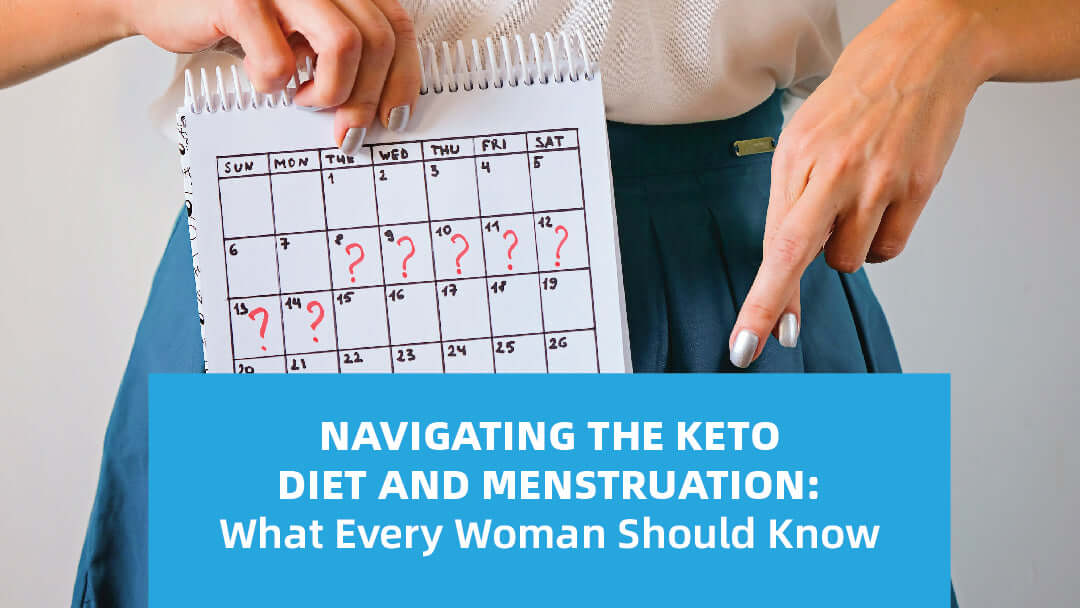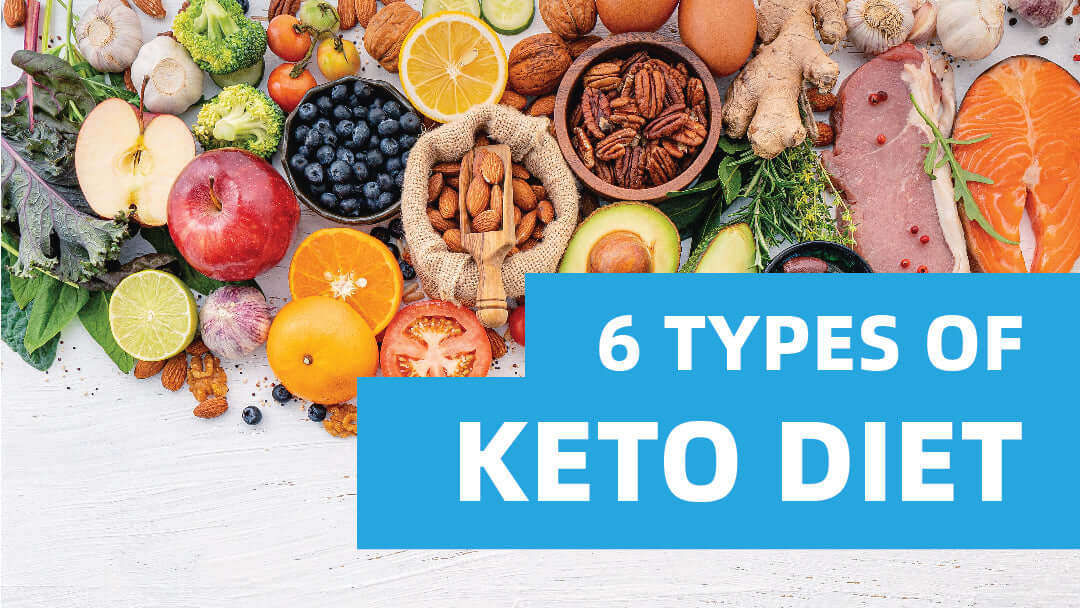The ketogenic (keto) diet has gained immense popularity in recent years for its promising weight loss results and potential health benefits. However, for women, especially those who menstruate, embarking on a keto journey may raise questions and concerns about its effects on menstrual cycles and overall reproductive health. In this article, we'll delve into the complicated relationship between the keto diet and menstruation, exploring both the potential benefits and challenges.
Understanding the Keto Diet:
Before delving into its effects on menstruation, let's briefly review what the keto diet entails. The ketogenic diet is a high-fat, moderate-protein, and low-carbohydrate eating plan designed to induce a state of ketosis, where the body primarily burns fat for fuel instead of carbohydrates. By drastically reducing carbohydrate intake and increasing fat consumption, the body enters a metabolic state that can lead to weight loss and improved metabolic health.
Keto Diet and Menstruation:
One of the primary concerns for women considering the keto diet is its potential impact on menstrual cycles. Some women report experiencing changes in their periods when following a keto lifestyle, while others notice no significant differences. Here's a closer look at how the keto diet may influence menstruation:
Hormonal Changes: The keto diet may affect hormone levels in your body, including insulin and cortisol, which could indirectly affect menstrual cycles. Additionally, the body's transition into ketosis may initially cause fluctuations in hormone levels, potentially impacting the menstrual cycle.
Image Source: https://www.cloudninecare.com/blog/hormonal-imbalance-symptoms-in-females
Irregular Periods: Some women may experience irregular periods or changes in menstrual flow when first adopting the ketogenic diet. This could be attributed to the body adjusting to the new dietary pattern and metabolic changes. Remember, starting such a challenging diet can also make you feel stressed and scrutinized by yourself, which could contribute to irregular periods as well. However, these irregularities often stabilize over time as the body adapts to ketosis.
Amenorrhea: In some cases, following a very strict low-carbohydrate diet like keto may lead to amenorrhea, the absence of a menstrual cycle for three months or more. This is more common in women who significantly restrict calorie intake, experience drastic weight loss, or have very low body fat levels. According to John Thoppil, MD, a board-certified obstetrician-gynecologist, changes in your period are likely linked to your weight loss and not the keto diet specifically. Amenorrhea can have various underlying causes, including hormonal imbalances and nutritional deficiencies, therefore, it's critical to monitor your overall health and consult with a healthcare professional if menstrual irregularities occur.
Nutritional Considerations: The keto diet typically involves cutting out certain food groups, which may impact nutrient intake. Nutritional deficiencies, particularly in essential vitamins and minerals like B vitamins, magnesium, and iron, can affect menstrual health. Ensuring adequate nutrient intake through a well-balanced keto diet or supplementation is crucial for supporting overall reproductive health.
Navigating the Keto Journey:
If you're considering trying the keto diet and are concerned about its potential effects on menstruation, here are some tips for navigating the keto journey:
Listen to Your Body: Pay attention to how your body responds to the keto diet, including any changes in your energy levels, mood, and menstrual cycle. If you notice significant disruptions or adverse effects, consider adjusting your dietary approach or seeking guidance from a healthcare professional.
Image Source: https://www.workingagainstgravity.com/articles/how-to-listen-and-respond-to-what-your-body-is-telling-you#google_vignette
Prioritize Nutrient-Dense Foods: Focus on incorporating nutrient-dense whole foods into your keto meals, including leafy greens, fatty fish, nuts, seeds, and low-carbohydrate vegetables as needed. Adequate intake of vitamins, minerals, and antioxidants is essential for supporting hormonal balance and overall well-being.
Stay Hydrated: Drinking plenty of water is crucial for maintaining hydration, and supporting metabolic and menstrual function, especially when following a low-carb diet like keto. Aim to consume at least 8-10 glasses of water per day and adjust your intake based on activity level and environmental factors.
Monitor Electrolytes: Electrolyte imbalances can occur when transitioning to a keto diet, potentially leading to symptoms like fatigue, muscle cramps, and headaches. Ensure adequate intake of sodium, potassium, and magnesium through food sources or supplementation to support electrolyte balance.
Exercise Caution When Fasting: Intermittent fasting offers various health benefits, but it also increases the likelihood of calorie restriction. If you're thinking about combining intermittent fasting (IF) with the ketogenic diet, consider starting with a 12 or 13-hour overnight fast, gradually extending the duration over time. If you notice any disruptions in your menstrual cycle, consider scaling back to a shorter fasting window. It’s also important not to force yourself on keto or fasting, allowing more time for your body to recover from metabolic and hormonal changes.
Remove the Guesswork: A lack of effective and useful ketone insights could undermine your devotion to the strict keto lifestyle, adding more unnecessary pressure to your dietary adjustments. Incorporating a continuous ketone monitoring device, like the SiBio KS1 CKM sensor, into your keto journey can help you take the guesswork out, promoting an easier, healthier, and less stressful keto journey toward your metabolic wellness and reproductive health. By providing real-time insights into your ketone levels and ketone production patterns over time, the SiBio CKM system greatly eliminates the uncertainty associated with achieving and maintaining ketosis, which allows you to optimize your nutritional intake and lifestyle adjustments with actionable ketone data.
Conclusion:
While the keto diet has shown promise for weight loss and metabolic health, its effects on menstruation can vary among individuals. Some women may experience changes in their menstrual cycles when following a keto lifestyle, while others may not notice any significant differences. By prioritizing nutrient-dense foods, staying hydrated, paying close attention to your body's signals, and monitoring your ketone levels continuously with a SiBio Ketone Sensor, you can navigate the keto journey while supporting overall wellness and reproductive health. As always, consult with a healthcare professional before making any dietary changes, especially if you have any underlying health concerns or medical conditions.











